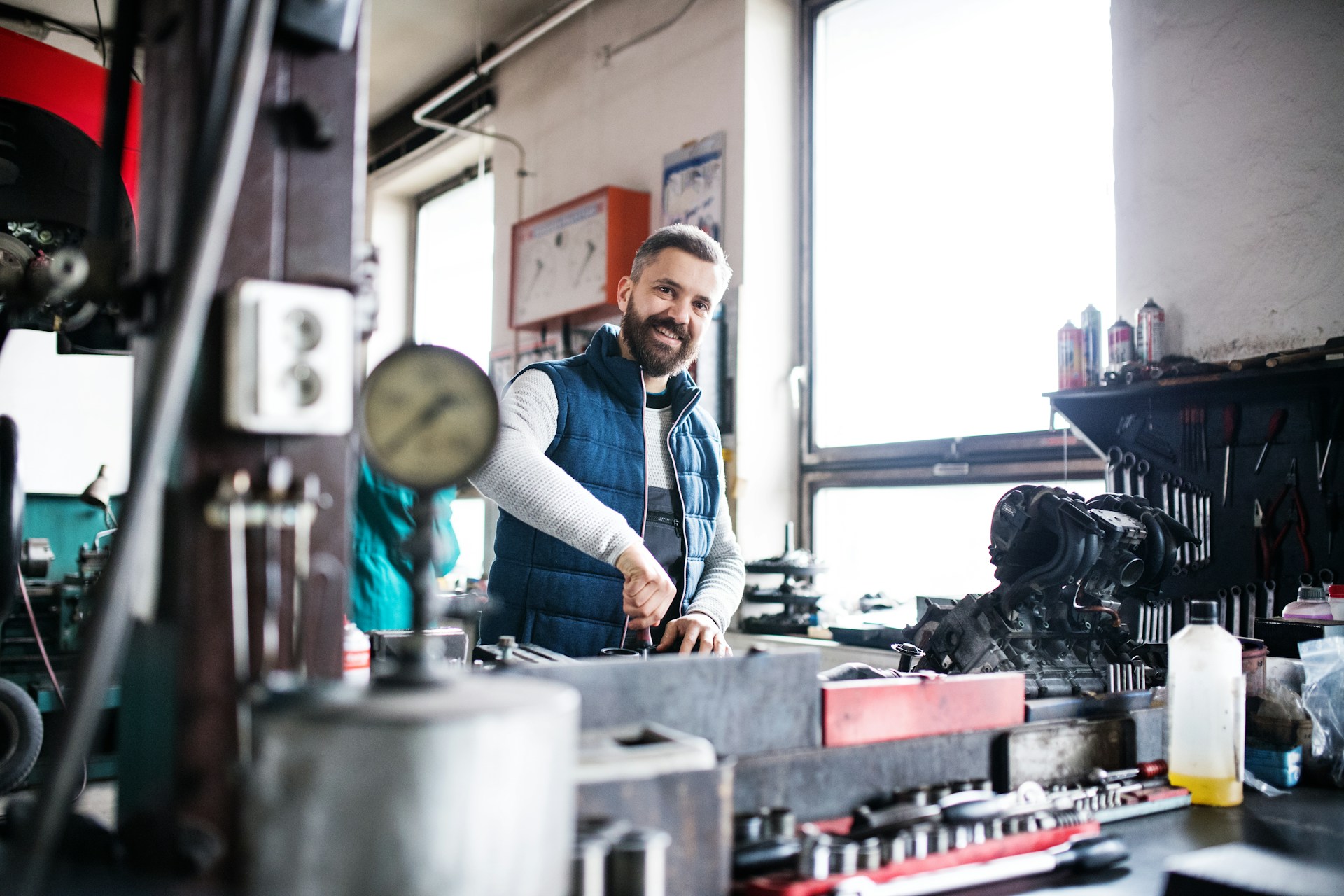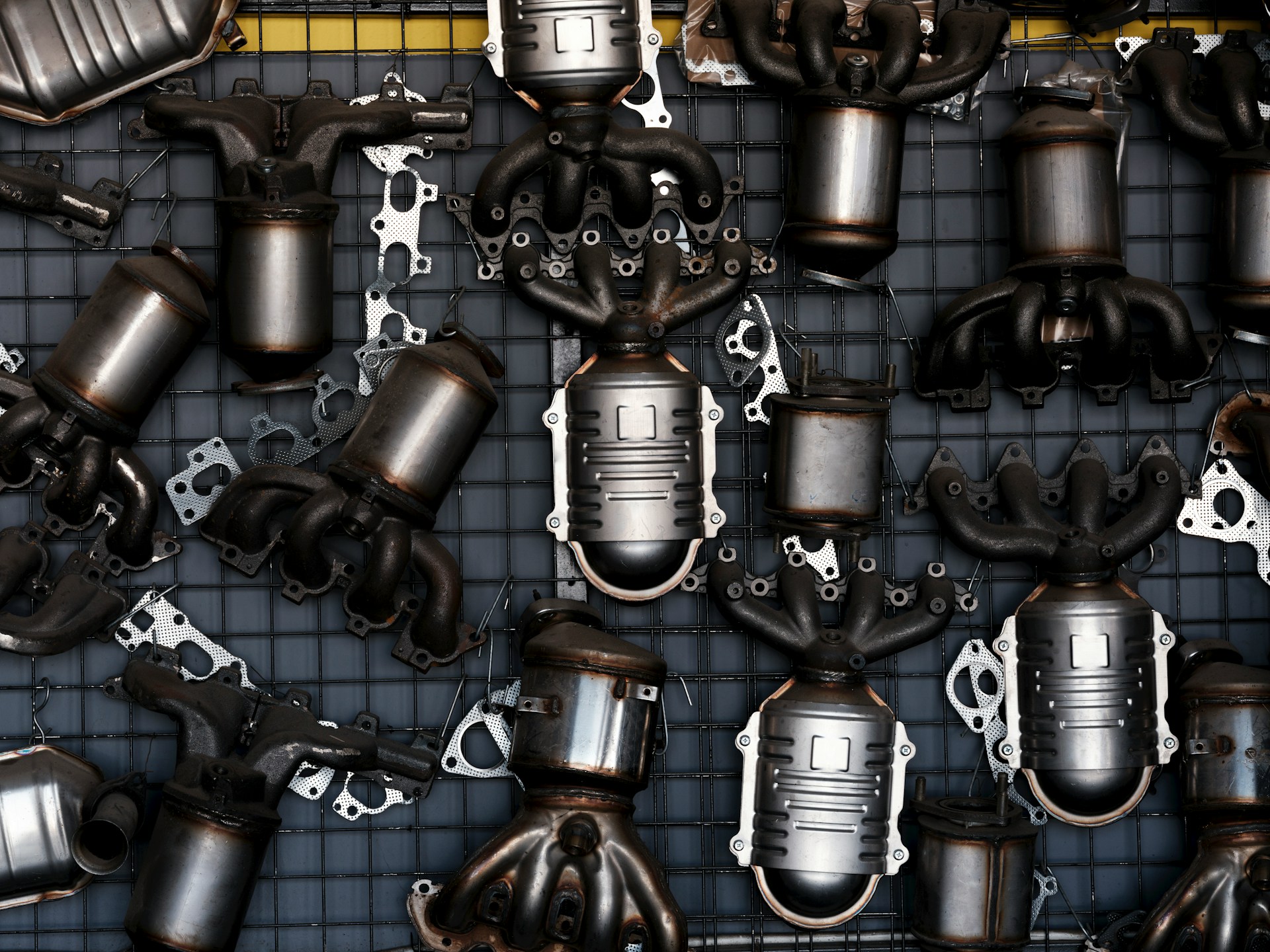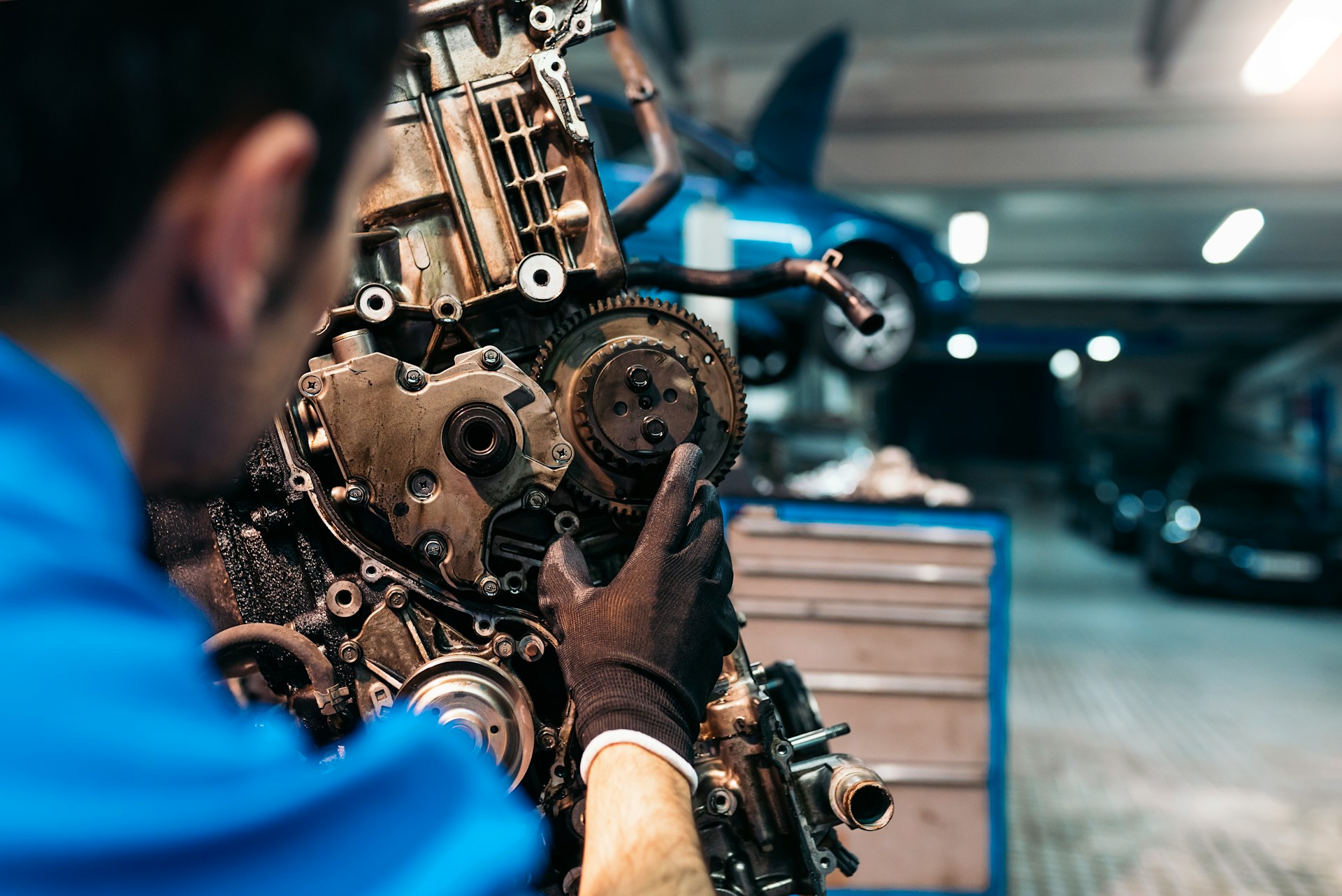
Car restoration can be very overwhelming, expensive, and time-consuming. There are a lot of different tasks that need to be done to restore or customize a car. It can be challenging to start and do things. Here are tips for doing that as we go through specific car parts.
Knowing what you want to do with car parts before making changes is important. Once you start, you shouldn’t change anything. This is something that high-end shops do with their customers before starting work on a car. They have built plans that cover simple questions like what kind of transmission the car will have and if it will have air conditioning.
If you test drive a car and like its features, you should consider adding those features to your next build. However, don’t add them to a build already in progress. It is helpful to have a rendering of the completed car to keep track of your progress and ensure everyone involved is working towards the same goal.
When building a custom vehicle, it is a good idea to begin with, the car’s chassis. This is because the choice of wheels and tires will affect whether or not wheel wells need to be widened or flared.
As with any other part of the build, choices made here will have a ripple effect, as the choice of wheels will determine what kind of brakes will fit, or vice versa. Engine and transmission choices might also require modifications to the firewall or floorpan.
The engine block is used for mockup purposes before other car parts are completely assembled and painted. Once the chassis is sorted out, the engine can be worked on. If the engine needs to be machined, it can be sent off while other work is done on the car.
This means you should strip the car down to its bare essentials, including the door jambs, sill plates, and floorpan. You should also remove the dash if possible. Once you have done this, you can begin repairing any rust damage and sanding the metal and filler until it is smooth.
When the panels are straight, and the rust is repaired, you can seal the bare metal and filler to protect it from further damage.
You should build your vehicle like you would a model unit. Put all the car parts in before you paint it so that you don’t have to worry about ruining the paint job while trying to put in new parts.
The final priming and block sanding helps to ensure that the basecoat and clearcoat are sprayed on evenly without any gaps or imperfections. This ensures a smooth and consistent finish.
At this point, you should know your car very well, inside and out. You should be capable of reassembling everything back in its place without surprises. It’s important to keep following the same process, so you don’t undo all your hard work.
Need to repair your vehicle or want to build one from scratch using trusted car parts in Houston, TX? Go to Airline Auto today! We’re a valuable source for repair facilities in need of automotive parts across Houston and are recognized as an industry leader. Shop now on our website or call 281-448-2000 for more information!

November 2, 2025 The Benefits of Regularly Updating Your ...

FAQs About Used Diesel Engines

October 26, 2025 What to Consider When Buying a Salvage E...

Best Practices for Repairing Diesel Tran...

October 19, 2025 In-Depth Look at Common Diesel Engine Is...

Tips for Long-Term Storage of Auto Parts
October 12, 2025 How to Ensure Your Car Parts Are Genuine

Winter Preparedness: Getting Your Diesel...

October 5, 2025 Signs Your Diesel Engine Needs Immediate...

Why Recycled Auto Parts Are Worth the In...
Leave a Reply